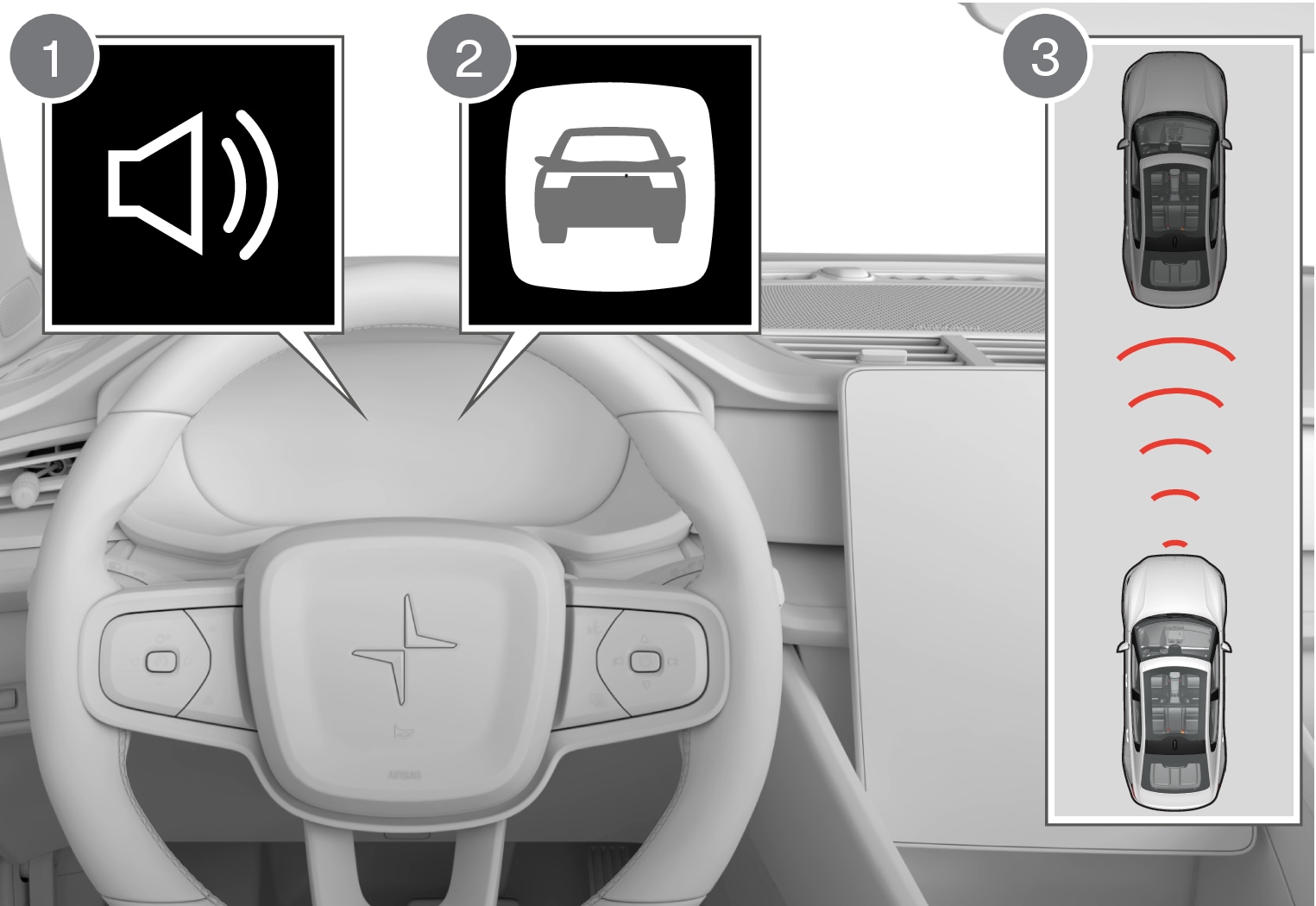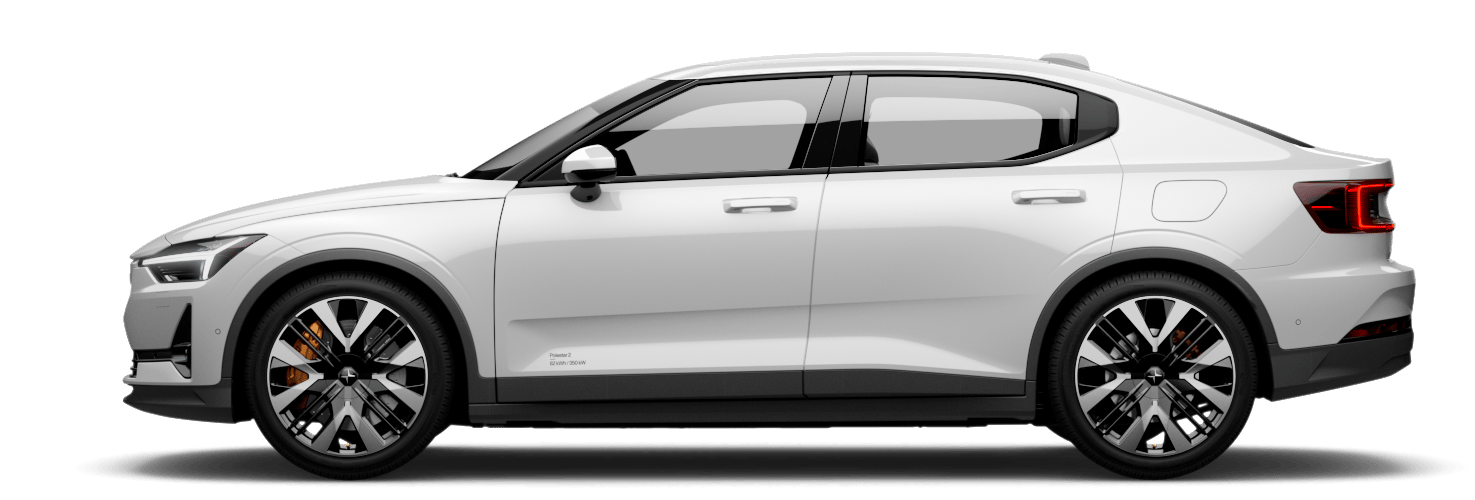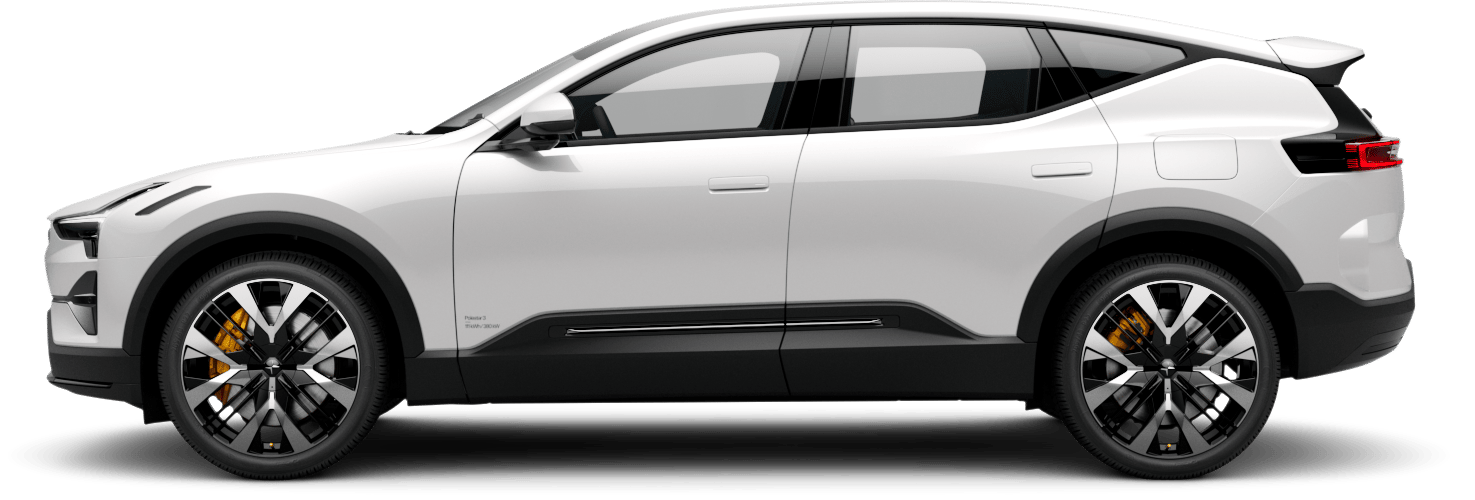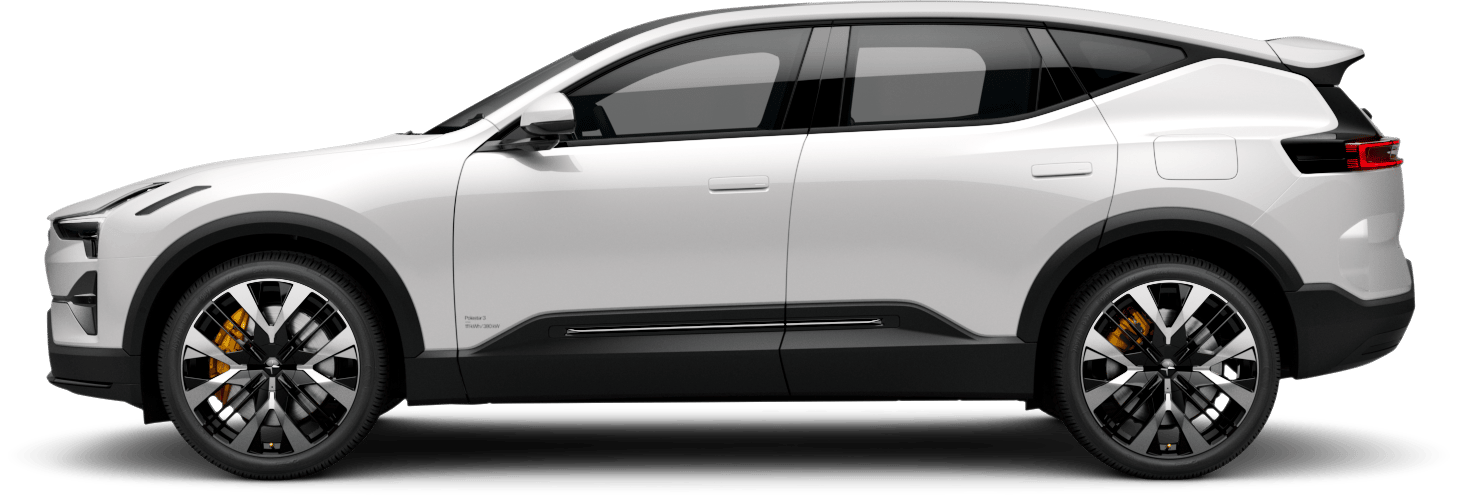Assistance during collision risks1

 Collision warning audible signal
Collision warning audible signal Collision warning symbol
Collision warning symbol Camera and radar sensor distance monitoring
Camera and radar sensor distance monitoring
Normally, the occupants of the vehicle will not be aware of the function except when the system intervenes when a collision is imminent.
The function can help the driver avoid a collision when e.g. driving in stop-and-go traffic, when changes in the traffic ahead and driver distraction could lead to an incident. The function will then activate a brief, forceful braking in an attempt to stop your vehicle immediately behind the vehicle or object ahead.
The function is always activated and cannot be switched off. However, you can set a level of sensitivity for the system.
Sub-functions
- Collision warning
- Assisted braking
- Automatic braking
- Steering assistance
Step 1 – Collision warning
If there is a risk of a collision with a pedestrian, cyclist, large animal or another vehicle, the driver will be alerted with light, sound and pulsations in the brake pedal. At lower speeds, or if the driver rapidly brakes or accelerates, the brake pedal pulsations will not be provided because pulsation intensity varies with the vehicle's speed.
Step 2 – Assisted braking
In assisted braking, braking is augmented if the system determines that the pressure the driver is exerting on the brake pedal is insufficient to prevent the collision.
Step 3 – Automatic braking
If the driver has not taken evasive action and a collision is imminent, the automatic braking function will be triggered. This occurs whether or not the driver is pressing the brake pedal. Full braking force will be applied to reduce the speed at impact or reduced braking effect will be applied if this is sufficient to avoid the collision.
The seat belt tensioner may be activated when the automatic braking function is triggered.
The function is designed to be activated as late as possible to help avoid unnecessary intervention. Automatic braking will only be applied after or during a collision warning.
If automatic braking has prevented a collision with a stationary object, the vehicle will be kept at a standstill until the driver takes action. If the vehicle has slowed to avoid colliding with a slower-moving vehicle ahead, your speed will be reduced to that vehicle's speed.
Auto-braking can always be cancelled if the driver presses hard on the accelerator pedal.
When the function is activated and braking, the brake light will illuminate. A message will be displayed in the instrument panel saying that the function is or has been active.
Warning
Steering assistance
The function can help the driver reduce the risk of the vehicle leaving its lane unintentionally or colliding with another vehicle or obstacle by actively steering the vehicle back into its lane or swerving. Steering assistance is not provided sequentially, but instead can occur regardless of when the other steps take place.
After the system has automatically intervened, this text message will appear in the instrument panel.
Note
Warning
- The function is supplementary driver support intended to facilitate driving and help make it safer – it cannot handle all situations in all traffic, weather and road conditions.
- The driver is advised to read all sections in the Manual about this function to learn of its limitations, which the driver must be aware of before using the function.
- Driver support functions are not a substitute for the driver's attention and judgment. The driver is always responsible for ensuring the vehicle is driven in a safe manner, at the appropriate speed, with an appropriate distance to other vehicles, and in accordance with current traffic rules and regulations.





